PROTECT YOUR DNA WITH QUANTUM TECHNOLOGY
Orgo-Life the new way to the future Advertising by AdpathwayA writer, dissident, teacher and critic, he was deeply affected by an early experience of his life: incarceration as a boy in a concentration camp near Prague.

Oct. 4, 2025Updated 11:16 a.m. ET
Ivan Klima, the Czech novelist whose survival of two totalitarian regimes — one Nazi, the other communist — made him one of Eastern Europe’s most perceptive distillers of the human condition under authoritarianism, died on Saturday at his home in Prague. He was 94.
His son, Michal, confirmed the death.
A writer of more than 40 books, as well as a dissident, teacher and critic, Mr. Klima was deeply affected by an early experience in his life: incarceration as a boy by the Nazis at Terezin concentration camp north of Prague. While living there from 1941 to 1945, he faced the daily prospect of being transported to Auschwitz. Some of his most memorable short stories and novels, including “Judge on Trial,” touched on the horror of those years.
But his writing dwelled most heavily on the communist era, including the aftermath of the Prague Spring in 1968, a period of relative freedom when he and other intellectuals supported the reformist efforts of the leader Alexander Dubcek, who hoped to create a “Socialism with a human face” in Czechoslovakia. Their optimism was thwarted when the Soviets sent an estimated 750,000 Warsaw Pact troops to suppress the Prague reforms later that year.
Unlike dissident writers who left the country or were pushed out — among them Milan Kundera, Josef Skvorecky and Pavel Kohout — Mr. Klima returned to Prague in 1970 from an authorized sabbatical in the United States. He became an important publisher of underground texts, smuggling some out of the country to Western publishers. He also defied the government by organizing an influential (and wine-fueled) clandestine literary salon, attended by other dissident writers, including the Czech playwright and future president Vaclav Havel.
“Ivan Klima is one of the greatest Czech writers and, having experienced concentration camps and the communist period, is a walking symbol of what our country endured in this century,” said Jiri Pehe, director of New York University in Prague. “He was more than a literary figure, he played a crucial role in publishing banned works and challenging the communist regime.”
As a dissident, Mr. Klima found himself compelled, like many others, to take menial jobs, including street sweeper, bricklayer and hospital orderly. He turned this experience into a collection of stories, “My Golden Trades.” None of his protagonists were heroic; all had made some kind of compromise with the dictatorial systems that governed Czechoslovakia for half a century. Some of the stories were published in clandestine or “samizdat” copies and circulated among friends in Prague.
Image
His international reputation was later cemented in a 1990 New York Review of Books cover story by his friend, the American novelist Philip Roth, who had visited him several times in Prague. He called Mr. Klima, with his signature pageboy Beatle haircut, a “much more intellectually evolved Ringo Starr.”
After the fall of the Communists in 1989, Mr. Klima depicted the lives of those who had obediently served the dictatorship, only to find themselves adrift and lost amid the newfound freedoms of a newly democratic country. After 1989, his books “My Merry Mornings” and “Love and Garbage” were rushed into print and sold more than 100,000 copies each. His work has since been translated into dozens of languages.
Ivan Klima, the older of two sons, was born Ivan Kauders on Sept. 9, 1931, in Prague, the child of secular Jewish parents. His father, Vilem, was an industrial engineer, and his mother, Marta, looked after Ivan and his brother. Ivan’s childhood abruptly ended when the Nazis marched into Czechoslovakia. He was 7 years old.
“When I had to wear the yellow star, I felt that I was somebody who was hunted, an outlaw,” he once said. “The German children were shouting ‘Jew! Jew!’ at me, and the feeling I had was shame. From this point of view, I felt better in Terezin than in Prague because there the insults stopped.”
It was at Terezin that he began to write, finding refuge in his imagination, even amid all the terror. He and his family survived — likely, he surmised, because his father was placed in charge of electricity at the camp and was regarded as an “essential” figure.
“Anyone who has been through a concentration camp as a child, who has been completely dependent on an external power, which can at any moment come in and beat or kill him and everyone around him — probably moves through life at least a bit differently from people who have been spared such an education,” he later wrote. “That life can be snapped like a piece of string — that was my daily lesson as a child.”
His experiences later informed his work and, in the story “Miriam,” which appeared in “My First Loves” (1988), a boy narrator, living in a ghetto, is drawn to a girl who works in a soup kitchen in Nazi-occupied Prague. When the deportation of Jews to the death camps begins, she ends their friendship.
Like many Jews to survive the Holocaust, the Kauders family changed its Germanic last name to Klima after the war because it sounded more Czech. After graduating from Charles University in Prague in 1956, he worked at a publishing house for five years. His first novel, “An Hour of Silence,” which explored the territory between idealism and disillusionment, was published in 1963. He was editor of Literarni Noviny, the leading publication of the liberal Communist intellectuals, from 1964 to 1967, when he switched to Literarni List.
In 1967, he greeted the annual assembly of the Czechoslovak Literary Association with the words “respected friends,” rather than the customary “comrades,” as he called for elimination of censorship. By pointing out that the Czechs had guaranteed press freedom in 1867, he showed that Communist law, in fact, represented a step backward.
Jiri Hendrych, the party secretary for ideological questions, retorted, “Now you writers have crapped on yourselves.” The writers jeered. “It was a beautiful noise,” Mr. Klima recalled. “What we demanded then was the most normal thing in the world.”
Two months later, Mr. Klima was expelled from the party and barred from publishing, a ban that lasted until 1989 and the so-called Velvet Revolution.
Choosing to return to Prague in 1970 after a sabbatical in the United States, Mr. Klima signed Charter 77, the manifesto of more than 1,000 Czech and Slovak intellectuals who were protesting repression. He became an active member in the Czech literary underground.
The novel “Judge on Trial,” considered by many to be his best work, was written during his 20 years of enforced silence. Completed in 1986 and distributed underground by samizdat, it was not published until 1991.
Image
Part thriller, part domestic tragedy, it frames a dual biography of the same man, Adam Kindl, a low-ranking, priggish and Puritanical judge, faced with the dilemma of trying a double-murderer while being against capital punishment. Instead of resigning, the judge uses the case to explore his past.
The tale is meant as a reminder that Czechs are always confronted with the weight and consequences of memory.
Another of Mr. Klima’s celebrated novels from this period, “Love and Garbage,” tells the story of an out-of-favor writer who works as a street cleaner. He ponders life’s polarities: “At one end of the spectrum ubiquitous rubbish and the frequent reduction, in our time, of people to disposable waste; at the other, the longing for transcendence and the saving union of love.”
After 1989, Mr. Klima withdrew from public life, focusing instead for the next 20 years on his writing, including his two-volume memoir, “My Crazy Century,” in which he defined Communism as “a criminal conspiracy against democracy.” Writing in The New York Times, journalist and author Paul Berman described the memoir as ferocious, with “a bellowing anger at what has happened to many millions of people, himself included, victims of the serial horrors that used to be known, and maybe still are known, as totalitarianism.”
In 1958, he married Helena Mala, a psychotherapist. In addition to his wife and son, a journalist, he is survived by his daughter, Hana, an artist; a brother, Jan; four grandchildren; and three great-grandchildren.
While his work is suffused by existential angst, it is also offset, Mr. Klima once said, by an underlying optimism. “My books may seem somewhat depressing,” he said after “Judge On Trial” was published. “But they always offer a little hope. I could not write a book without hope.”
David Binder, a former European correspondent for The Times, died in 2019.


 3 hours ago
6
3 hours ago
6
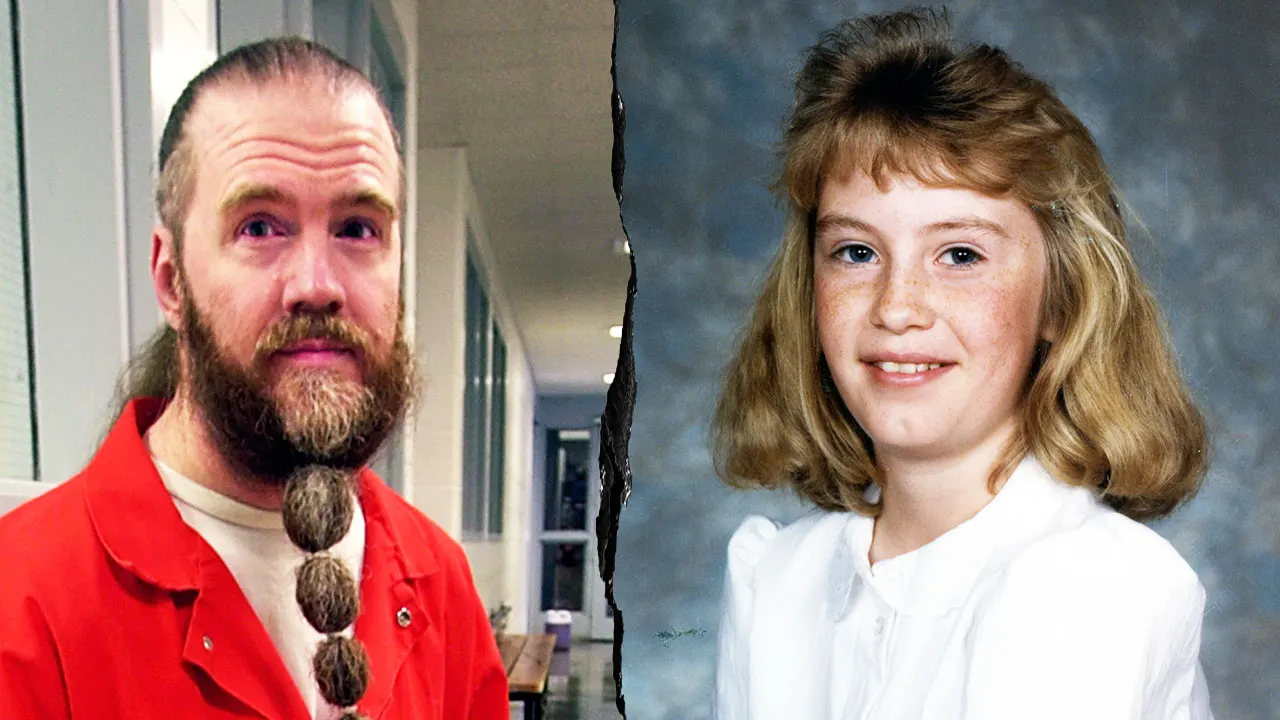


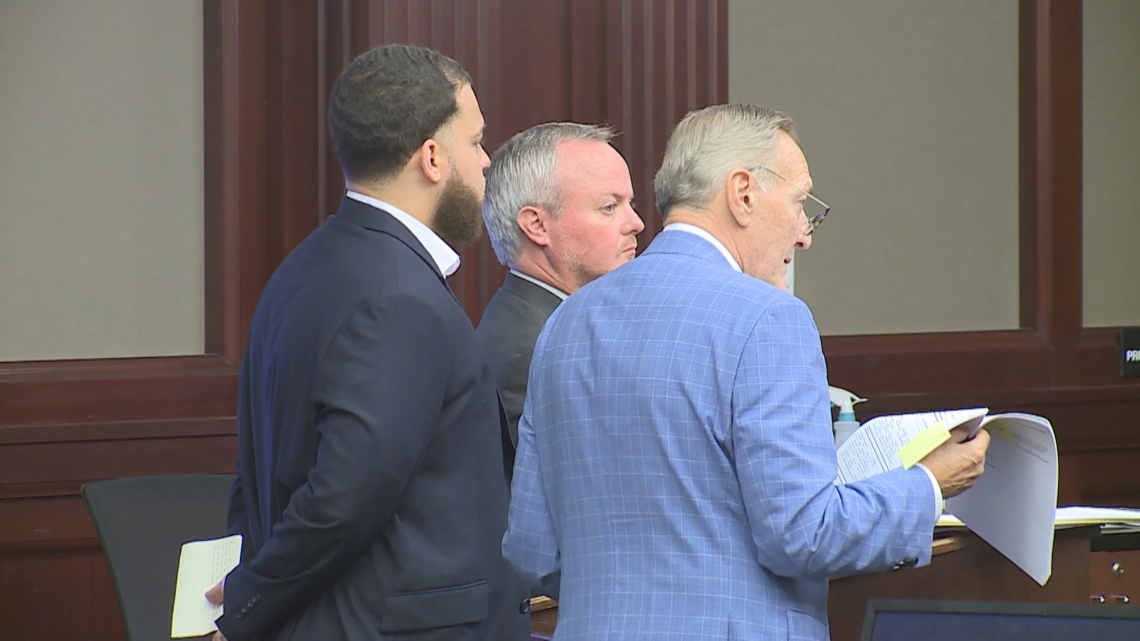
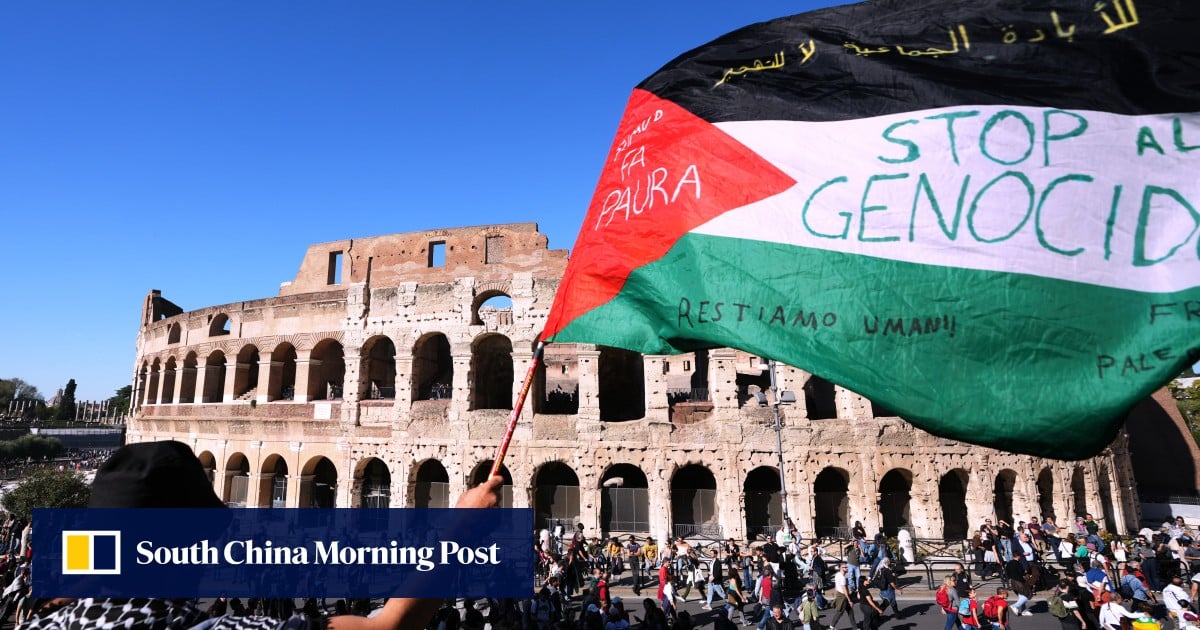

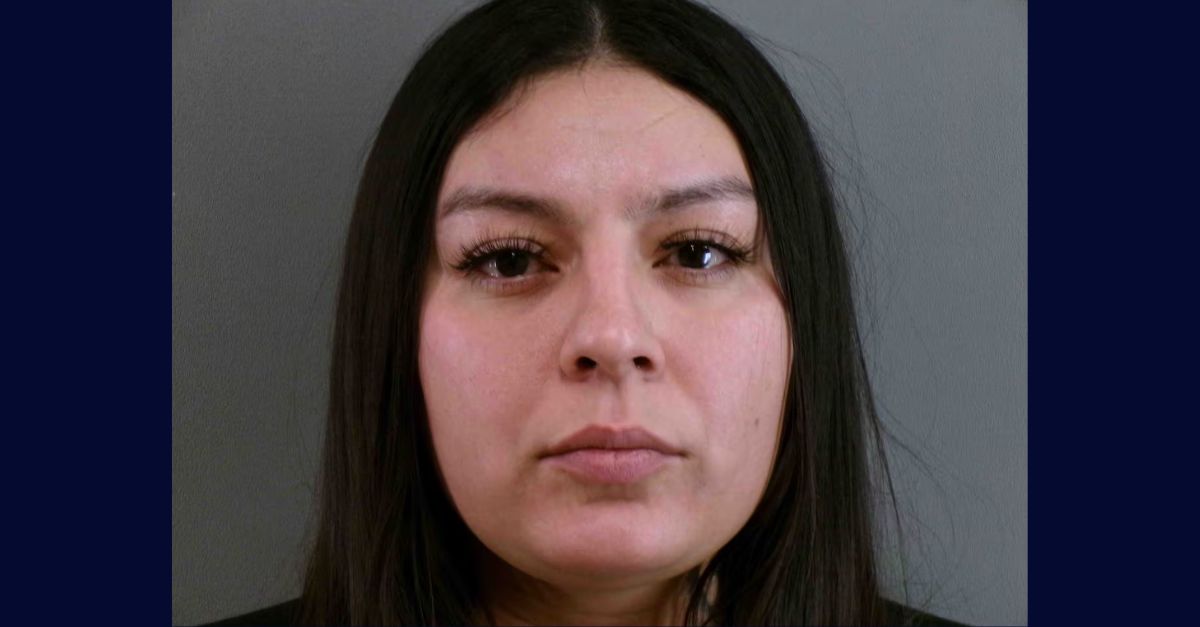
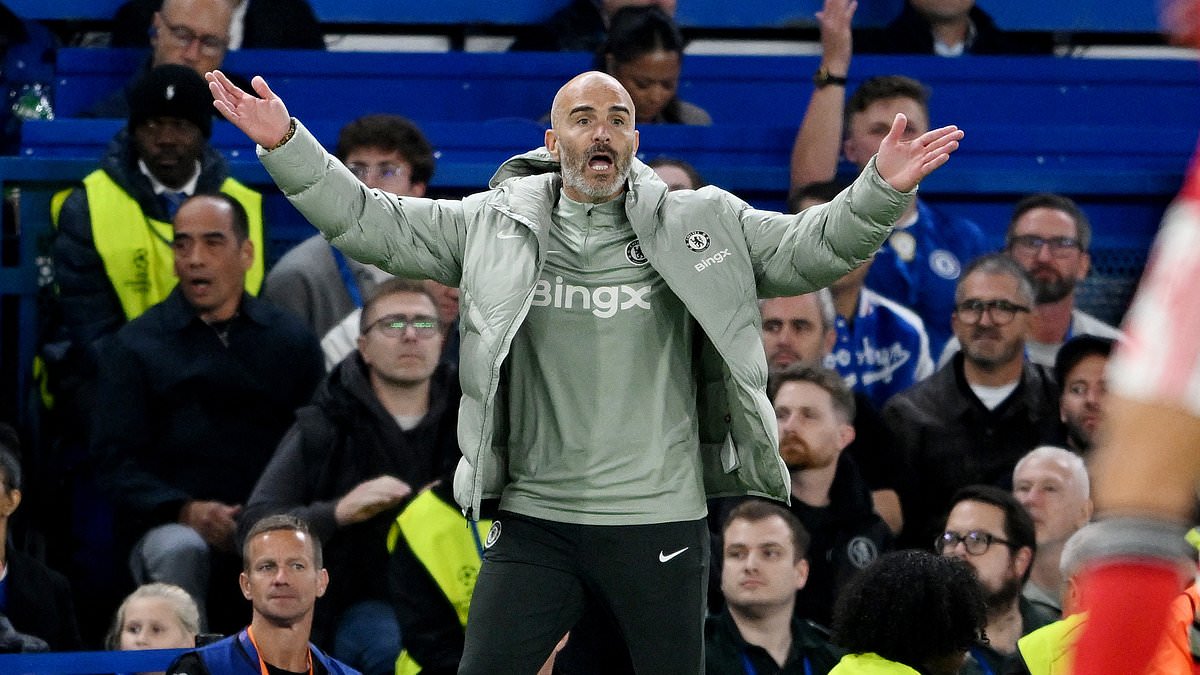





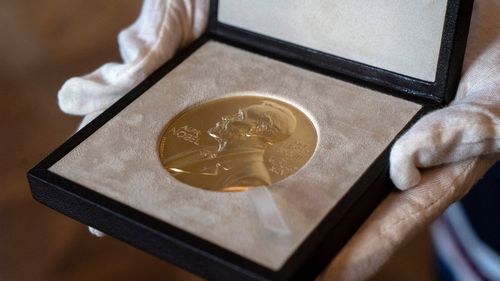
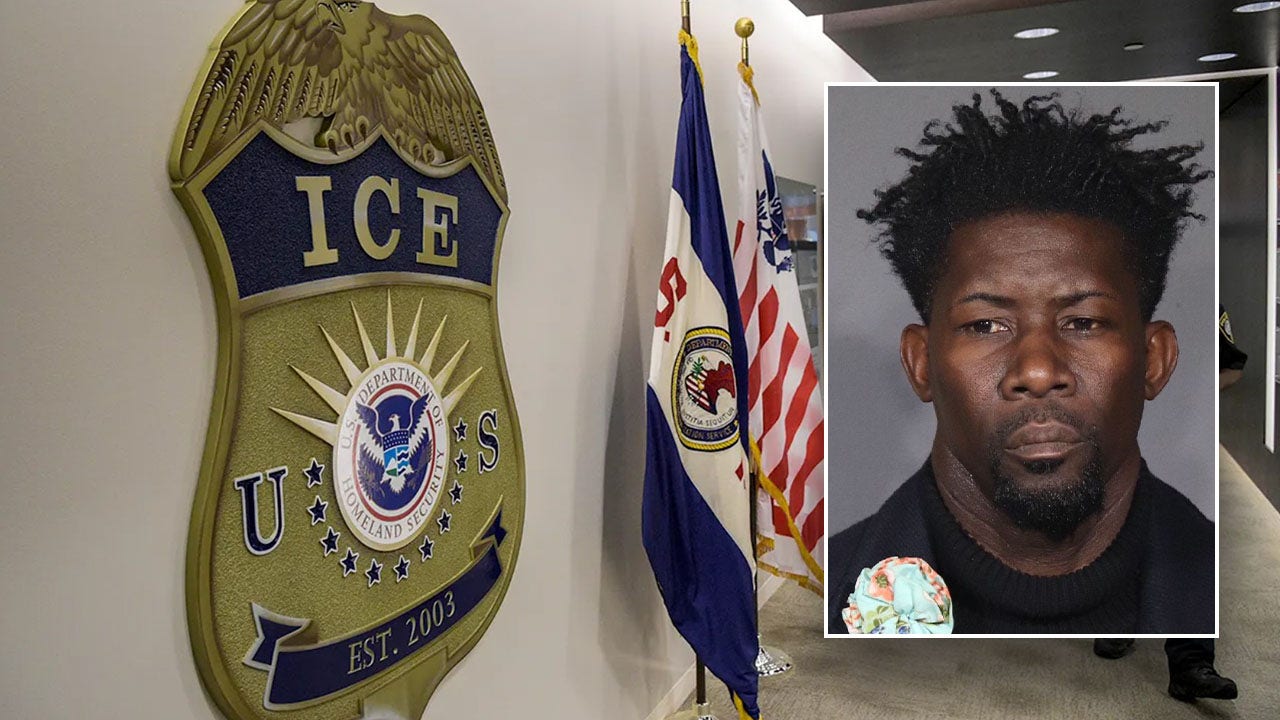

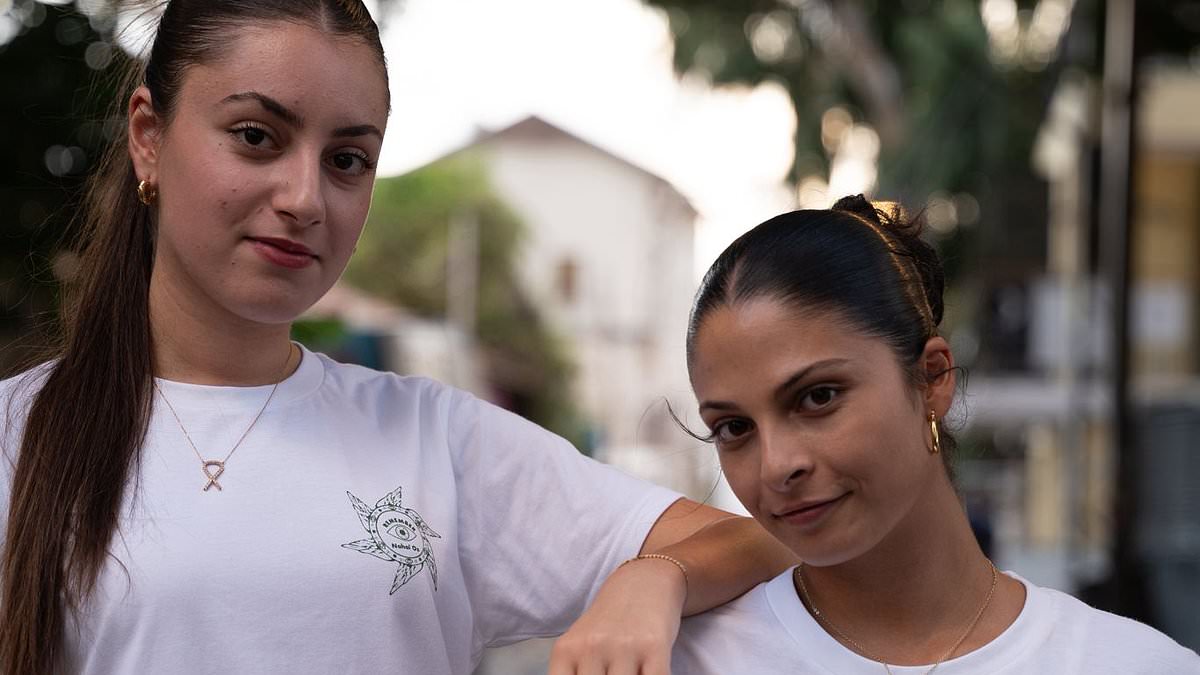


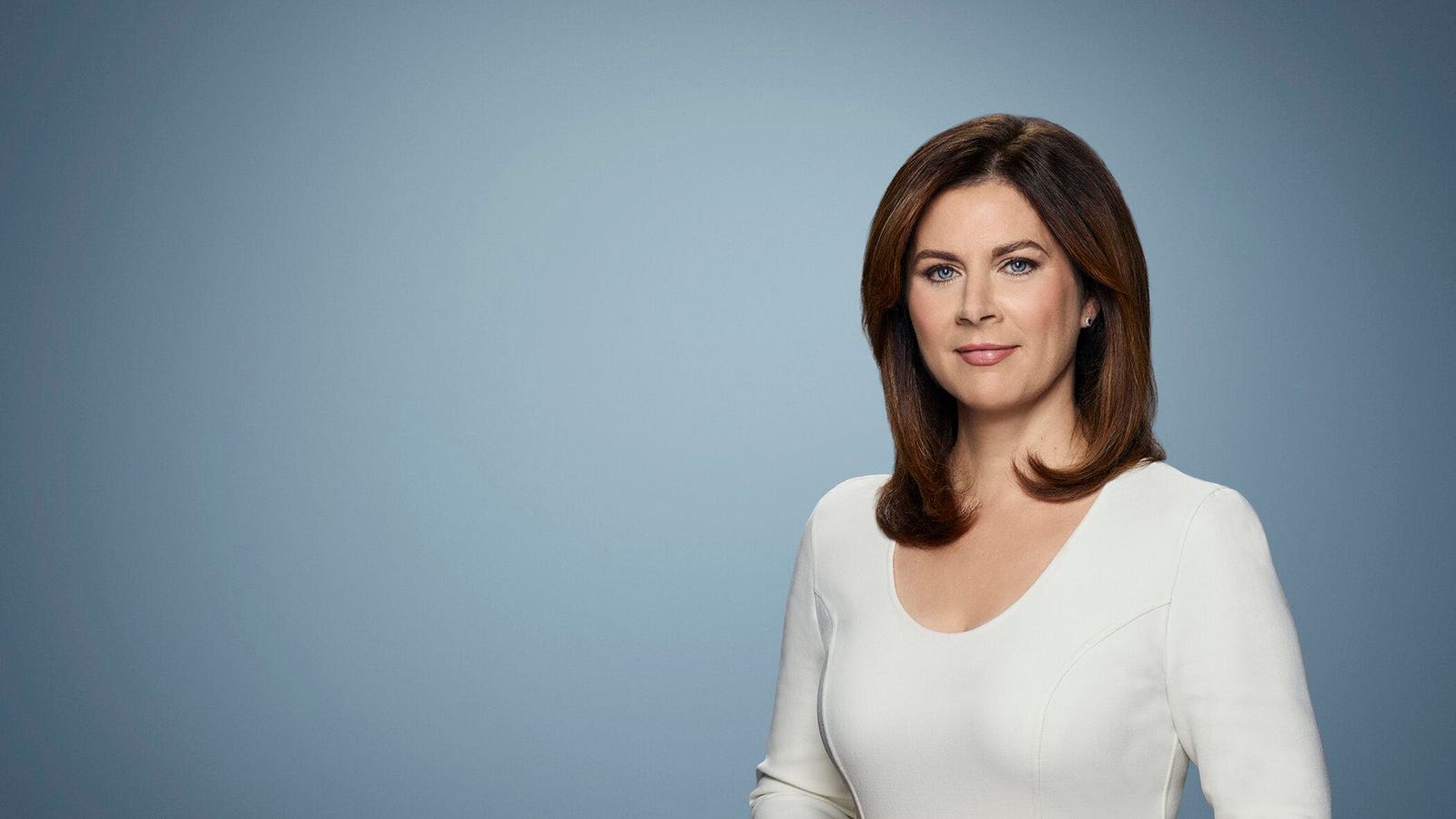


 English (US) ·
English (US) ·  French (CA) ·
French (CA) ·  French (FR) ·
French (FR) ·